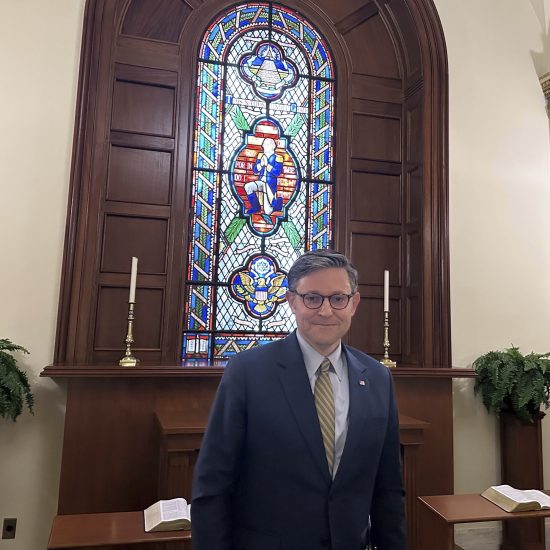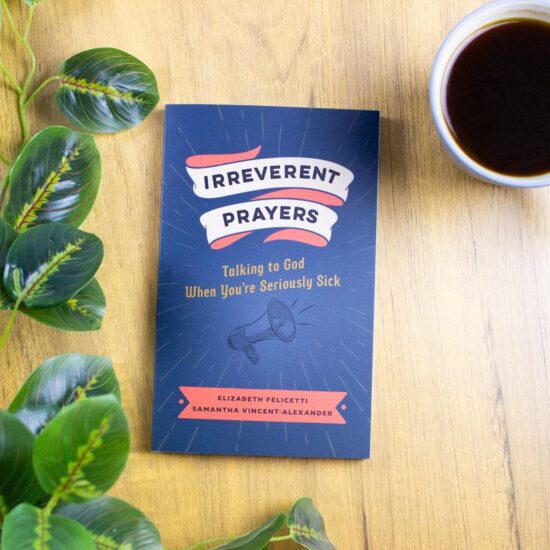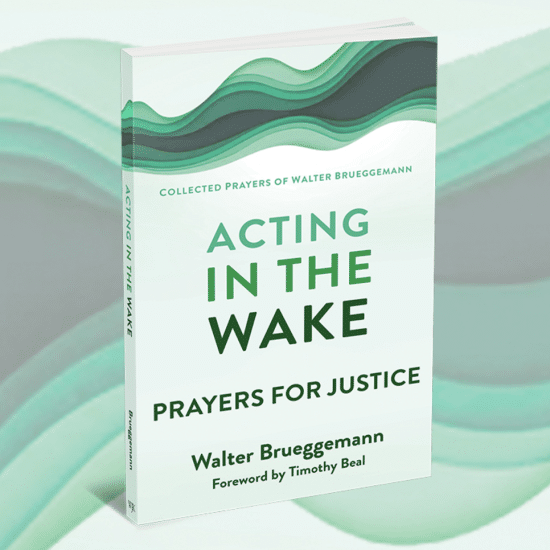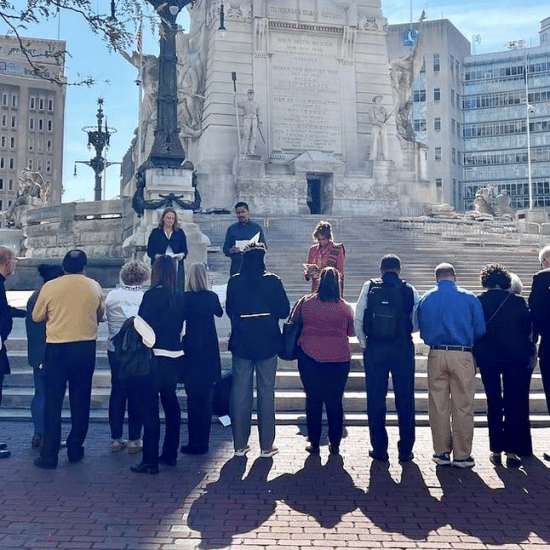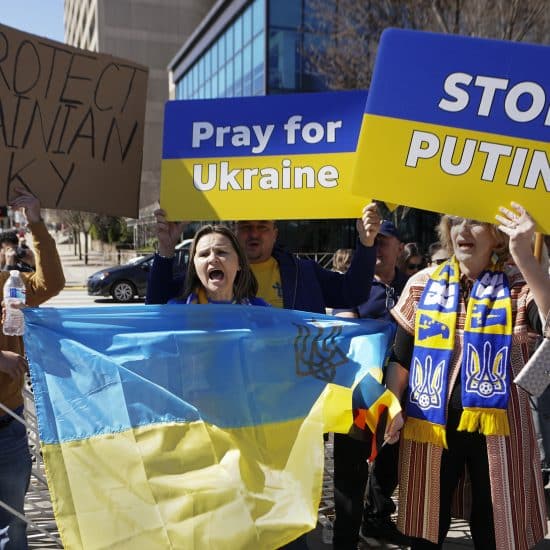Various missionary-sending bodies and denominational groups are readying for the bicentennial of the American missionary movement, which will be celebrated in Salem, Mass., Feb. 5-20 with nine different events.
While William Carey had left England for India several years earlier to launch the modern missionary movement from Europe, the ordination and commissioning of Adoniram Judson and four other missionaries on Feb. 6, 1812, marked the launch of overseas missions from America.
On Feb. 19, 1812, just two weeks after Judson took Ann Hasseltine as his wife, the couple and other missionaries embarked at Salem on the brig Caravan, bound for Calcutta, where they anticipated being greeted by the famous Carey.
On their four-month voyage, the couple studied the Scriptures and came to the conclusion immersion was the scriptural mode of baptism. As a result, the couple left New England as Congregationalists but, shortly after arriving in India, became Baptists.
Denied permanent residence by the East India Company, they finally began their work in Burma (today's Myanmar), facing unbelievable living conditions, harassment, imprisonment and persecution. Both died in missionary service, but not before Judson had translated the Bible into Burmese and established Christian work among the primarily Buddhist population.
At the time of Judson's death at age 63, there were — by one account — 7,000 baptized Christians in Burma, with 63 churches and 123 missionaries.
If 1812 was the launch of the American missionary movement, its beginnings date back at least to 1806 and a prayer meeting of young men on the campus of Williams College in Williamstown, Mass. They met in a maple grove for Bible study and — with an awareness of Carey's activities — began searching the Bible one day to understand their responsibilities in missions.
Only five showed up the next day under a heavily clouded sky. When it began to rain, they found shelter in a haystack in a nearby field. Continuing their study and prayer, they conclued that God meant for all Christians to do everything possible to spread the gospel to every race and nation of people.
Like almost every member of Royal Ambassadors, Southern Baptists' missions organization for boys, I learned about the haystack prayer meeting and its influence in the American missionary movement. (For me, that was 50 years ago.)
The young men formalized their group, calling it the Brethren Mission Society. Though not present for the haystack prayer meeting, Rice was a member of the Brethren.
When members of the society graduated from Williams, Rice and several others continued their studies at Andover (Mass.) Seminary. When Rice arrived, he discovered the Brethren group alive and well and being led by Adoniram Judson. The two became fast friends and, subsequently, giants in the early missionary movement.
In fact, the Judsons arrived in Calcutta on June 17; Rice and two other missionaries arrived on a separate ship, Harmony, on Aug. 8. Travel by ship was dangerous in those days, so missionaries were often sent on separate ships.
Like the Judsons, Rice was won over to the Baptist expression of faith after he reached India. He was single and it became his task to return to New England to inform the American Board of Commissioners that he and Judson were no longer Congregationalists and were relinquishing the board's support.
Rice began seeking support from Baptists and crisscrossed America promoting missions and helping establish smaller missions societies to undergird the work of the Judsons and others. By 1814, Baptists had their first joint meeting as the General Missionary Convention of the Baptist Denomination in the United States of America for Foreign Missions. The convention met every three years and was known as the Triennial Convention.
By the time Rice died 22 years later, he had seen the Triennial Convention grow from 8,000 to more than 600,000 members supporting 112 missionaries.
Those young men in the haystack prayer meeting had a profound impact upon the cause of Christ.
Bill Webb is editor of Word&Way.

